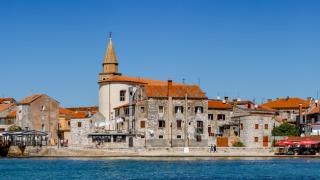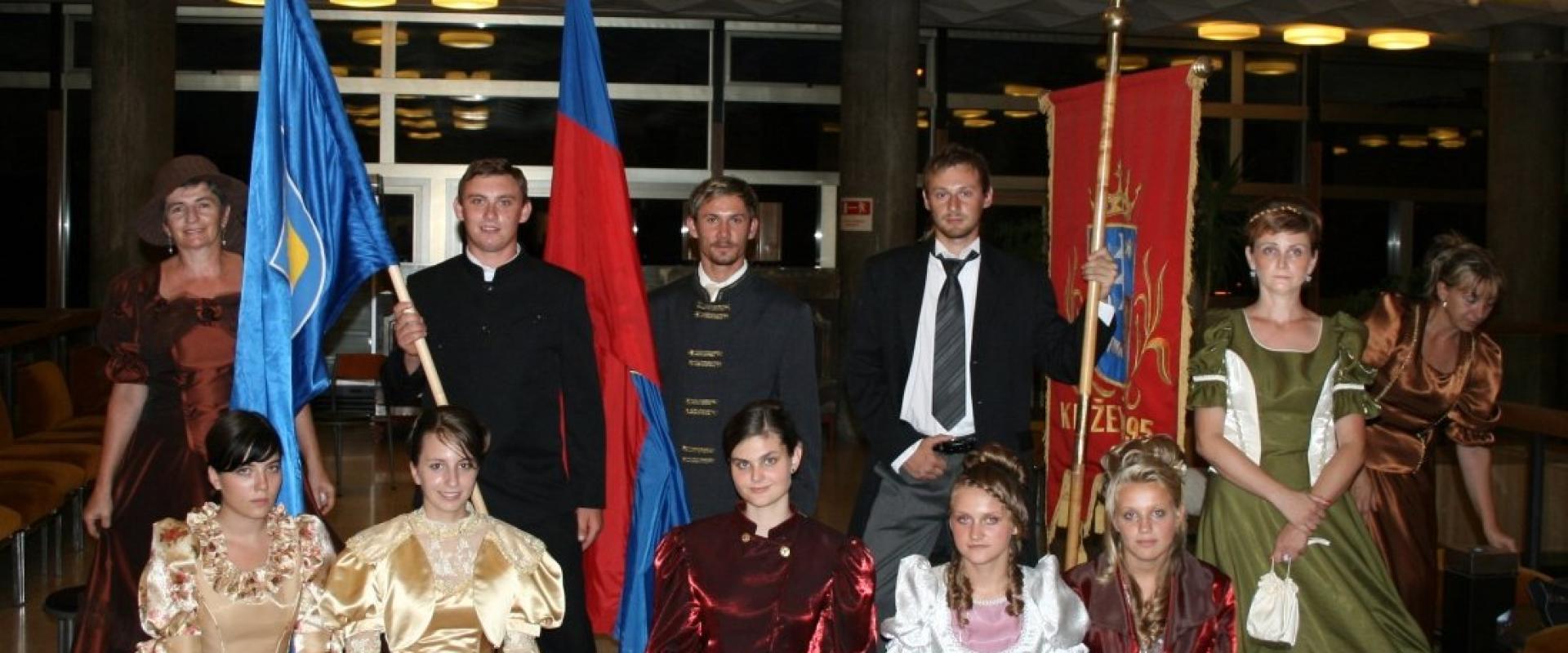Introduction
Cultural etiquette plays a vital role in Croatian society, shaping daily interactions and social expectations. Understanding and respecting these customs significantly enhances visitor experiences and local relationships. Croatians value formal politeness, proper greetings, and maintaining appropriate social boundaries.
Key aspects of Croatian etiquette include:
- Formal greetings with handshakes and direct eye contact
- Punctual arrival for business meetings, though social gatherings allow 15-30 minutes flexibility
- Appropriate dress codes, particularly in religious sites and formal settings
- Specific home visiting customs, including bringing small gifts
- Distinct dining etiquette rules
Mastering these cultural nuances helps visitors navigate social situations effectively. Simple gestures like using formal titles or following proper dining customs demonstrate respect for Croatian traditions. This cultural awareness often leads to warmer welcomes and more authentic local experiences.
Greeting Customs
Formal greetings are highly valued in Croatian culture and follow specific protocols. A firm handshake with direct eye contact is the standard greeting in professional settings. Men should wait for women to extend their hand first.
Common Croatian Greetings:
- Dobar dan (Good day) - Most common formal greeting
- Dobro jutro (Good morning) - Used before 10:00 AM
- Dobra večer (Good evening) - Used after sunset
Physical Contact Norms:
- Close friends and family exchange two or three kisses on alternating cheeks
- Business contacts maintain arm's length distance
- Physical touch between strangers is uncommon
Formal Address:
- Use Gospodin (Mr.) or Gospođa (Mrs.) followed by the surname
- Professional titles like Doktor or Profesor are important and should always be used
- First names are reserved for close relationships or when explicitly invited
When meeting elderly persons, showing extra respect through slightly bowing the head is customary. Wait to be invited to use informal greetings or first names.
Public conduct in Croatia follows distinct social norms that visitors should observe carefully. Speaking loudly in public spaces is considered impolite, especially on public transport or in restaurants.
Volume and Conversation
- Keep conversations at a moderate volume
- Avoid heated discussions or arguments in public
- Phone calls should be brief and quiet in shared spaces
Personal Space Considerations
- Maintain approximately arm's length (60-90cm) distance in conversations
- Close physical contact is reserved for family and close friends
- Avoid prolonged eye contact with strangers
Public Transport Etiquette
- Offer seats to elderly, pregnant women, and disabled persons
- Keep bags on lap or between feet during busy times
- Stand on the right side of escalators
General Public Conduct
- Remove hats when entering churches or religious sites
- Dress modestly in urban areas - no beachwear away from beaches
- Wait for others to exit elevators or transport before entering
Important Considerations:
- Public displays of affection should be minimal
- Queue jumping is considered extremely rude
- Smoking is prohibited in most indoor public spaces
- Photography in churches requires permission
- Remove shoes when entering private homes
Dining Etiquette
Croatian dining customs follow specific protocols that guests should observe carefully. Meals typically begin when the host says 'Dobar tek' (good appetite) and raises their glass for a toast.
Key Table Manners:
- Keep hands visible on the table, not in your lap
- Wait for the host to begin eating first
- Finish everything on your plate to show appreciation
- Cross your knife and fork on the plate when finished
Host-Guest Expectations:
- Arrive within 15 minutes of the stated dinner time
- Bring a small gift (wine, chocolates, or flowers)
- Remove shoes when entering homes
- Compliment the food and thank the host
Restaurant Protocol:
- Tipping expectations: 10-15% in restaurants
- Round up taxi fares to the nearest 10
- Service charge is rarely included
- Reservations expected at upscale venues
Traditional Meal Customs:
- Lunch (ručak) is the main meal, served between 2-4 PM
- Coffee invitations should last 30-45 minutes maximum
- Declining food or drink requires polite but firm insistence
- Second helpings are typically offered multiple times
During business meals, wait for the senior person to initiate business discussion. Toasting is formal - maintain eye contact and say 'Živjeli' (cheers).
Dress Code
Appropriate attire varies significantly by setting and occasion in Croatian culture. For religious sites:
- Churches and monasteries require covered shoulders and knees
- Women should carry a light scarf to cover their heads in Orthodox churches
- No shorts, tank tops, or revealing clothing
- Remove hats when entering
Beach and swimming attire:
- Swimwear strictly limited to beach and pool areas
- Cover up when leaving beach zones
- Topless sunbathing acceptable only at designated beaches
Restaurant dress expectations:
- Casual-smart attire for most dining establishments
- No wet swimwear or bare feet in restaurants
- Upscale venues require formal attire after 6 PM
Business and formal occasions:
- Men: Dark suits with ties for business meetings
- Women: Conservative dresses or business suits
- Formal events require evening wear
- Quality leather shoes expected in professional settings
Daily casual wear should remain neat and presentable. Croatians generally dress stylishly, even for casual occasions.
Conclusion
Mastering Croatian cultural etiquette requires attention to several key practices that demonstrate respect and cultural awareness. Remember these essential guidelines:
- Always greet with appropriate formality using titles and maintaining eye contact
- Dress modestly, especially in religious sites and formal settings
- Follow dining customs carefully, particularly regarding toasts and meal timing
- Maintain quiet, respectful behavior in public spaces
- Bring small gifts when visiting homes
Cultural sensitivity goes beyond basic rules. Observe local behaviors and adapt accordingly. When uncertain:
- Ask locals politely about proper customs
- Err on the side of formality
- Apologize sincerely if mistakes occur
Making an effort to respect Croatian customs enhances social interactions and shows genuine appreciation for the culture. Even small gestures of cultural awareness can create meaningful connections and positive experiences.












